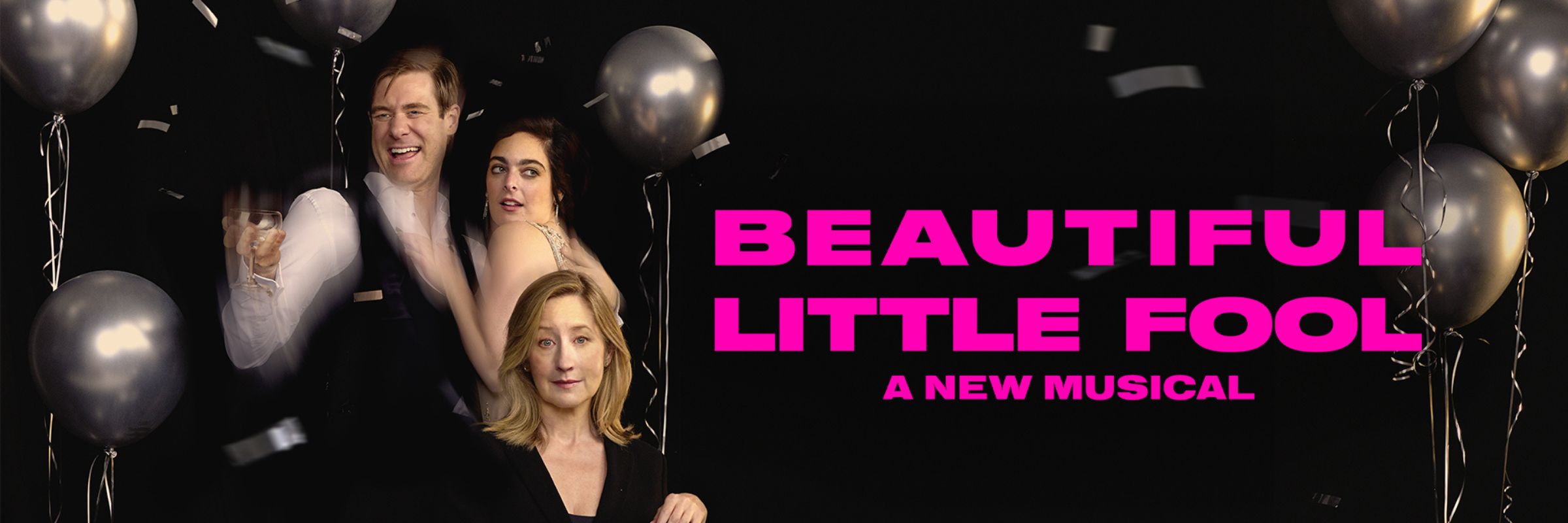 It’s every British person’s worst nightmare. Getting stuck in a lift with a stranger and having to talk to them. Especially in London where we avoid conversing or even making eye contact as much as possible.
It’s every British person’s worst nightmare. Getting stuck in a lift with a stranger and having to talk to them. Especially in London where we avoid conversing or even making eye contact as much as possible.
But to the horror of Rachel (Natasha Pring) and Aidan (Michael Cusick), this is the scenario that befalls them. And there’s no mobile phone signal. At first they shout and scream to try to get attention, but after a while, they resign themselves to their fate and get on with it.
Rachel’s initial distaste for sitting on the floor of the lift disappears and she dispenses with her carrier bag seat; later on she even takes her shoes off. Considering her and Aidan’s earlier conversation about what goes on in lifts, and how dirty they are, this seems quite unrealistic.
The longer they are trapped, the more the audience discover about them, including Rachel’s stalker tendencies, Aidan’s time in the army and some of the characters’ thoughts. As Aidan says “We could do whatever we like in here and no-one would ever know.” The actors are both quite natural with an awkward chemistry and there are some fantastically mortifying long silences of which David Hare would be proud.
The whole play is just over an hour and director Sharon Burrell chooses to stage it almost entirely on a square block (the lift), which adds to the sense of confinement. Their thoughts take place on the floor surrounding the lift, which works quite well and during these moments there are also projections of a heartbeat, making the whole situation even more surreal and begging the question as to what is really going on? If it is all in Rachel’s head, as is hinted at towards the end, then the weird out of body experience seems unnecessary.
That is perhaps the failing of Claustrophobia. Writer Jason Hewitt has had a good idea, but the script seems incomplete and occasionally lacking. Rachel’s on her way home for dinner, yet her shopping includes a single packet of crisps and some Babybel, which seems odd (and less realistic than a frozen pizza and bottle of wine).
However, it is compelling to watch and also sends the audience away considering how people react under difficult circumstances and questioning how we might handle the same situation.
Reviewed by Michaela Clement-Hayes


